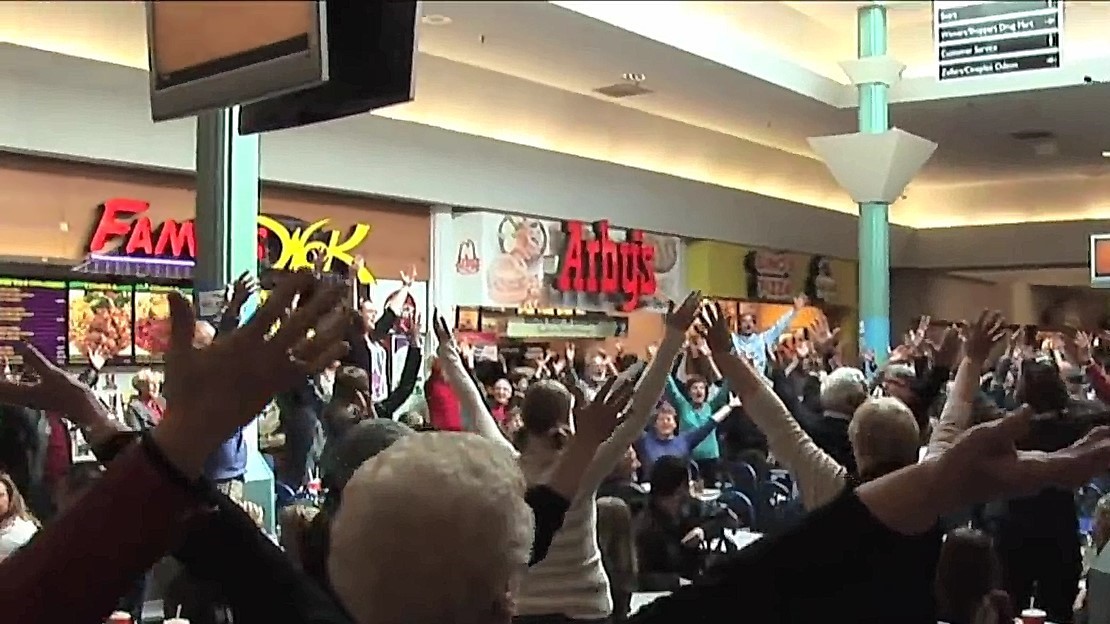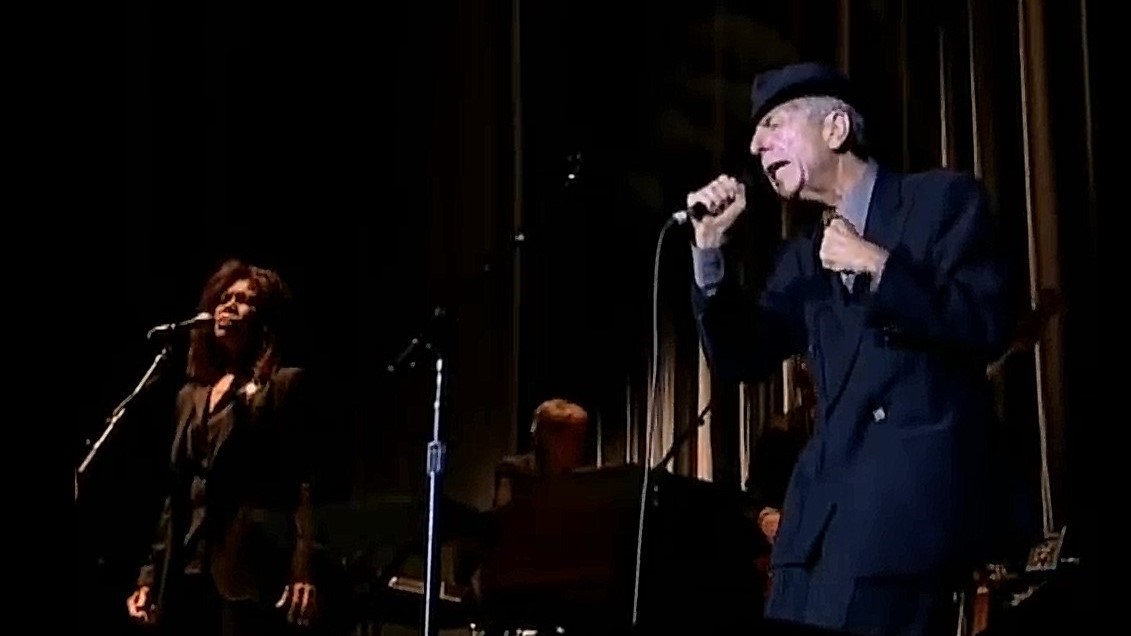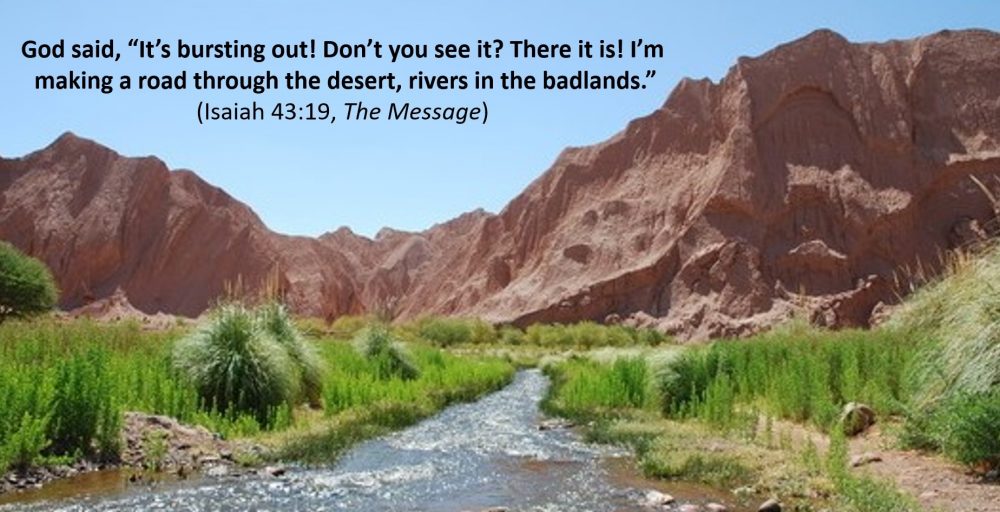Last year at a conference in Sofia, Bulgaria, I sat with about a hundred other Christian educators from across Europe and beyond. The speaker was Ken Badley, a good friend of mine from Canada, and, as he brought his presentation to a close, he talked briefly about two hallelujahs, juxtaposing two video extracts in a way that moved me deeply.
The first video featured a flash mob performance of the Hallelujah Chorus from Handel’s Messiah by an Ontario choral society. The video was recorded in a shopping centre food court by hidden cameras and planned by a small company called Alphabet Photography as a thank you to their customers. Unsuspecting shoppers were startled as, one after another, singers rose to their feet and joined the hallelujahs. Surprise turned to delight on the faces of many as the performance moved through “And he shall reign forever and ever” to “King of kings and Lord of lords” and ended with the climax of the closing hallelujah. I wish I could have been there! If you haven’t seen the video (and even if, like me, you’ve watched and listened to it many times), you can do so by clicking here.

Ken then played an extract from a second video, a very different hallelujah. This featured the late Canadian singer and poet, Leonard Cohen, and the Hallelujah song that had taken him five years to write when he was going through dark times.
Rooted in his Jewish faith, Cohen moves from the failures of David and Samson to sing of the necessity of a song of praise in the face of pain or joy. “There’s a blaze of light in every word; / it doesn’t matter which you heard, / the holy, or the broken Hallelujah!” Holy or broken, there is still hallelujah! “And even though it all went wrong / I’ll stand before the Lord of Song / With nothing on my tongue but Hallelujah.”
I wish I could have been there to hear him sing the song. The scene is dark, the singer wears black but hallelujah swells up out of agony. Again, if you haven’t seen the video (and even if, like me, you’ve also watched and listened to it many times), you can do so by clicking here.

I remember as a teenager learning a chorus that had the lines, “I’m living on the mountain, underneath a cloudless sky, / I’m drinking at the fountain that never shall run dry”. There are indeed times when the skies are blue and joy fills the heart, when “God’s glory is on tour in the skies, / God-craft on exhibit across the horizon” (Psalm 19:1, The Message), when everything within us swells with hallelujahs to the Lord of Song. “King of kings and Lord of lords. … Hallelujah!”
There are also times, many times, in the valleys of life when all around seems dark, when the wicked prosper in the world and the poor suffer, when family concerns weigh heavily, when personal failures seem ever present. These are times when we are “on a diet of tears—tears for breakfast, tears for supper” (Psalm 42:3, The Message) and we ask over and over again, “Why, O Lord?”. We are not alone in this for the agonised cry of the young Prince of Glory from the tree of Calvary also shouted “Why?” into the darkness. We read, “From noon to three, the whole earth was dark. Around mid-afternoon Jesus groaned out of the depths, crying loudly, ‘Eli, Eli, lama sabachthani?’ which means, ‘My God, my God, why have you abandoned me?’” (Matthew 27:46, The Message)
The many psalms of lament and the example of Jesus himself permit us to question the Father, to cry out to him with frankness and tell him that we do not understand why things are as they are. This is not the same as grumbling about God for these things are said to him and not behind his back (as if anything could be behind his back!).
However, the psalms of lament characteristically go on to utter what Leonard Cohen calls a “broken hallelujah”. Hear that hallelujah as the psalmist continues to lament :
“Sometimes I ask God, my rock-solid God,
‘Why did you let me down?
Why am I walking around in tears, …’
Why are you down in the dumps, dear soul?
Why are you crying the blues?
Fix my eyes on God—
soon I’ll be praising again.
He puts a smile on my face.
He’s my God.” (Psalm 42:9,11, The Message)
Thank you to Canada for the Ontario choral society and for Leonard Cohen and their two hallelujahs and thank you to Ken Badley for putting them side by side, the holy and the broken hallelujah.
